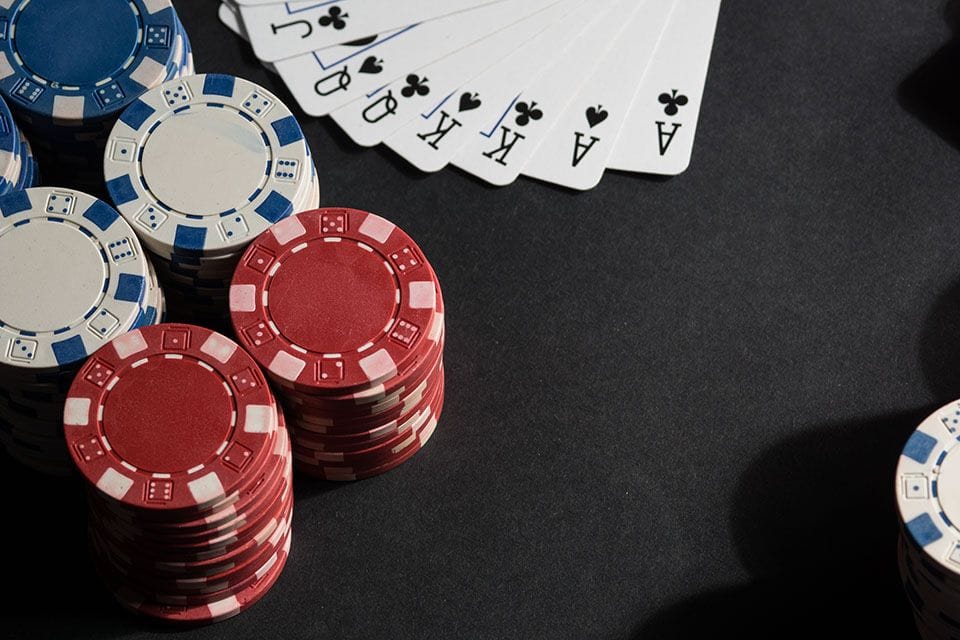Many argue that marijuana is a harmless drug that does more good than harm, but much of that depends upon how a person uses the drug. Are there medicinal applications for the cannabis plant that deserve more exploration? Most definitely. Even the American Academy of Family Physicians agrees that cannabis has some potentially medicinal properties. However, it’s the recreational use of marijuana — a substance derived from the cannabis plant — that signals caution. Unfortunately, there are adverse side effects of using marijuana recreationally, and one large area concerns marijuana and education.
The Stats on Marijuana and Education
Statistically, students who use marijuana as a recreational drug exhibit higher drop-out rates than students who don’t. Accordingly, these adolescents also have a higher incidence of using other, more harmful drugs and a higher rate of attempted suicides, says the National Institute on Drug Abuse. Other studies on the effects of recreational marijuana use made more startling discoveries, notably:
- People who use marijuana heavily earn lower incomes
- Welfare dependence, unemployment, and criminal behavior are higher among regular recreational users of marijuana
- Those who regularly use marijuana admitted to having less satisfaction with their level of life
Not surprisingly, when interviewed about the impact of marijuana use on their lives, a majority of participants in one study confessed feeling like it had negative effects on career achievement, cognitive ability, mental and physical health, and socialization.
Effects of Marijuana on Youth
While marijuana is now legal for adults over the age of 21 in some states, at present, it’s not legal for youth or adolescent use unless prescribed by a physician. This is because marijuana impairs cognitive abilities. Marijuana and education conflict with each other in the following ways:
- Lowering scores in math and reading
- Causing problems learning new concepts
- Creating problems with remembering information
- Carrying a risk of dependency
- Carrying the risk of lifelong use
Young people who use marijuana as a recreational drug develop unhealthy habits that may follow them through life. Additionally, studies show that life is more difficult for people who began using marijuana at a young age and continue using into adulthood.
Is Your Teen Using Marijuana?
Are you worried your teen may be using marijuana? Unfortunately, the signs of marijuana use may be subtle and easily confused with normal teenage behavior. However, if your child’s behavior seems exaggerated or unusually silly, marijuana use could be to blame. Signs include:
- Unusually giggly or giddy for no reason
- Dizzy or stumbling
- Red, bloodshot eyes
- Poor short-term memory
If you fear your child may be using marijuana or any other chemical substance that could cause harm, the first step is to sit down with them and discuss your concerns without expressing judgment or anger and to emphasize the effects of marijuana and education. Equally important, the second may be to seek treatment at a drug and alcohol treatment facility in your area that treats teens.
Treatment for Marijuana Use at Recovery Ranch
Recovery Ranch, in Nunnelly, Tennessee offers the highest-quality treatment for substance use disorders involving marijuana and other drugs. Treating adults ages 18 and up, we provide a full-range of services for those in recovery. Situated along the scenic shores of the Piney River in Tennessee’s Great Smoky Mountains, our campus is a peaceful haven with miles of walking and hiking trails, wooded areas, and places to commune with nature. Clients who choose Recovery Ranch enjoy individualized treatment, caring and compassionate staff, and evidence-based therapies to aid in addiction recovery. If you or someone you love struggles with substance use disorder, Recovery Ranch is standing by to help. Call us today at 1.844.876.7680 for answers to all your questions regarding marijuana and other substance use disorders.


